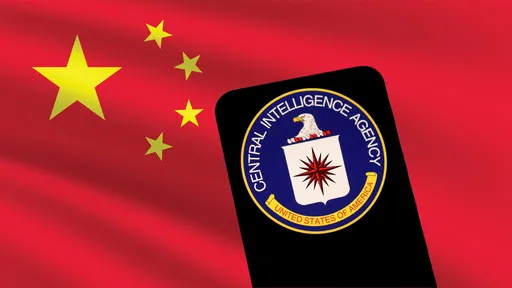French newspapers are reporting that a man who wielded a gun and made Nazi salutes in the southern city of Avignon was a member of the far-right Generation Identity movement.
The as of yet, unnamed man, was shot dead by police after efforts to disarm him failed and it is also not clear if he intended to kill anyone.
Thursday’s incident occurred shortly after an attack near a church in Nice by a Tunisian born attacker, which left three people dead, two of whom were killed by decapitation.
Members of Generation Identity, known as Identitarians, have seized upon recent religious tensions and acts of violence within France, to push their white nationalist agenda.
While it was founded in 2003, the group has come to the fore in recent years, especially since the refugee crisis spurred by the Syrian war came to prominence in 2015.
The group has members across Europe, but is particularly dominant in the French far-right scene, where it finds its intellectual roots in post World War Two order.
“They are just another part of the far-right nebula in France,” says the French civil liberties activist, Yasser Louati, adding: “The rhetoric they carry is not exclusive to them, namely that the nation has to be purified.”
Other far-right groups exist in France, most significantly the National Rally party led by Marine Le Pen, which was previously known as the National Front.
These older, more established groups, have invested in the political process with significant success.
Le Pen made the presidential run-off in the 2017 French election, securing a third of all votes cast.
What separates the Identitarians from their cousins in the National Rally is the extremity of their ideology and their willingness to take direct action.
Great replacement
The crux of Identitarian ideology is that White European civilisation must be protected from ‘infiltration’ by non-European, non-white races.
For the believers, the main manifestation of this threat is the religion of Islam and its adherents.
The movement believes in the conspiracy theory known as ‘the great replacement’, which holds that non-white races are slowly being encouraged to migrate to Europe in order to outbreed and eventually displace native European populations.
In most interpretations of the conspiracy, the scheme is said to have been concocted by the Jewish people.
To that end, Generation Identity members have taken part in activities, such as the patrolling of Alpine valleys bordering Italy, to ensure migrants cannot pass through into France, even using helicopters on occasion.
The movement has also leased ships in the Mediterranean to obstruct migrants trying to make the crossing to Europe and return them to the Libyan coast.
As Louati mentions, there are also barely concealed violent overtones.
The group has been frequently recorded to have run training camps for far-right activists, in which members are taught hand-to-hand combat skills.
Brenton Tarrant, the Christchurch terrorist, was also inspired by the group’s teachings. So much so that he made a personal donation of 1,500 euros ($1,750) to the movement through a prominent member of the group, Martin Sellner, and even had plans for a beer with the man.
For Louati, and many others, there is no doubt that preparation for impending violence is a core tenet of the group’s rationale.
“Even though they don’t say it, (they believe) a civil war is necessary,” he says.
Evidence of this violent intent was on open display after the terrorist attack in Nice on Thursday in a Telegram group hosted by leading Identitarian, Damien Rieu.
“(Rieu) opened a channel on Telegram, in which a person announced clearly that he wanted to attack a mosque...and there wouldn’t be two-three dead people,” Louati recounts.
“To which another member of that Telegram channel says ‘do not post this here’...Instead of condemning the (proposed) attack, it was about keeping it on the low.”
According to Louati, instead of making the war against the far-right a priority, the French government has done little to combat the threat. Rather, he warns that the French President Emmanuel Macron’s adoption of far-right talking points, has imbued the Indentitarians with a sense of impunity.
The lurch to the right could be simple electioneering, to pull away votes from Le Pen in the run-up to the 2022 election.
However, in pandering to the far-right, French politicians may end up emboldening its most extreme elements.























